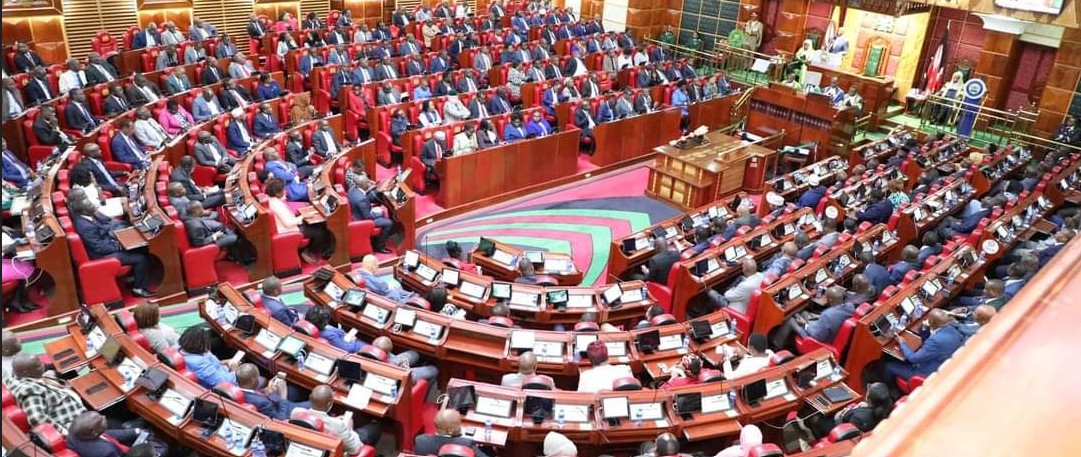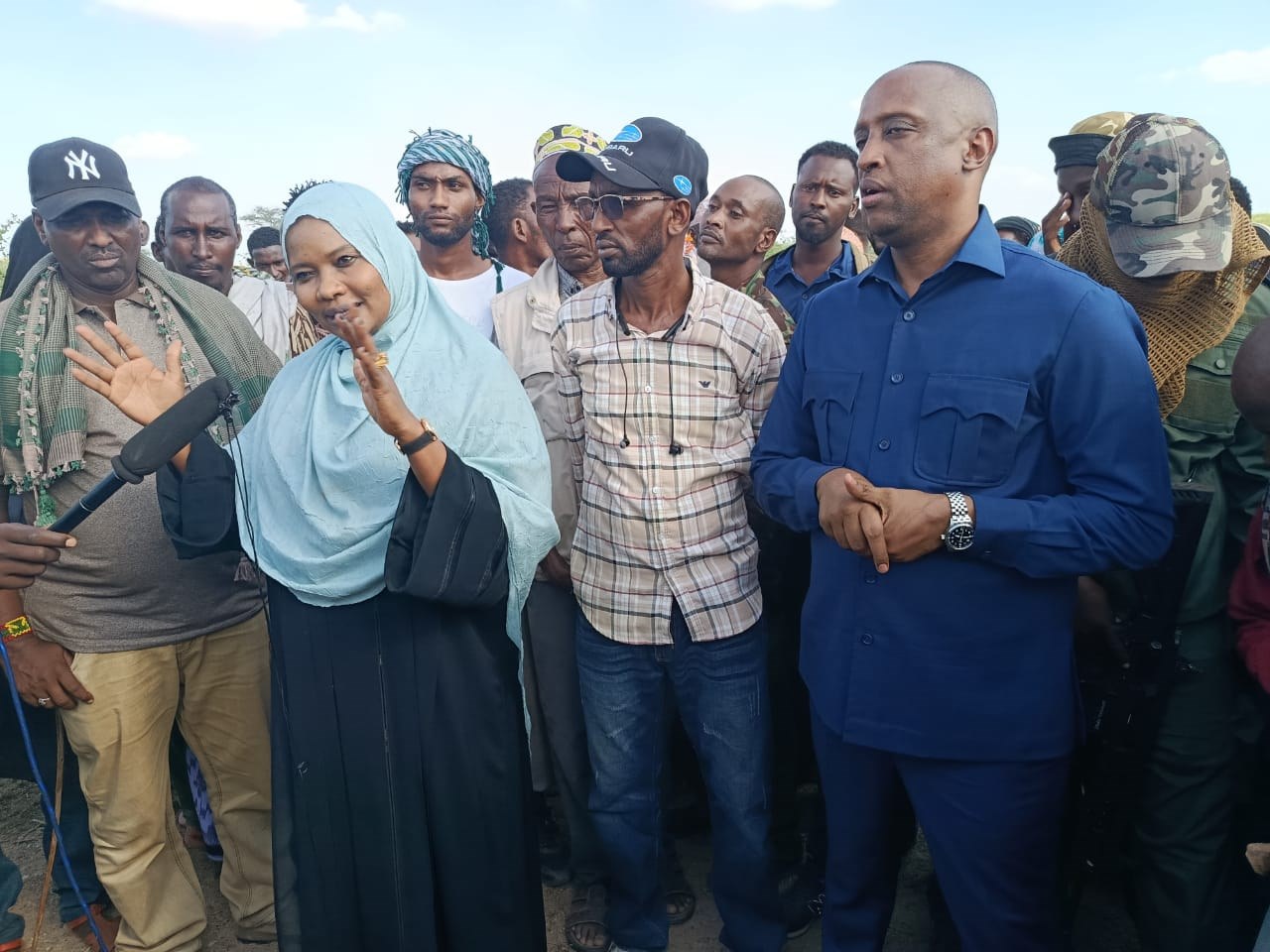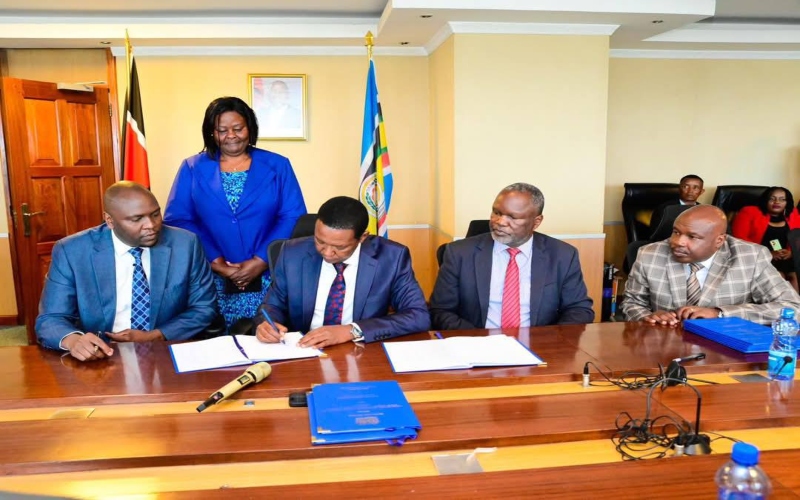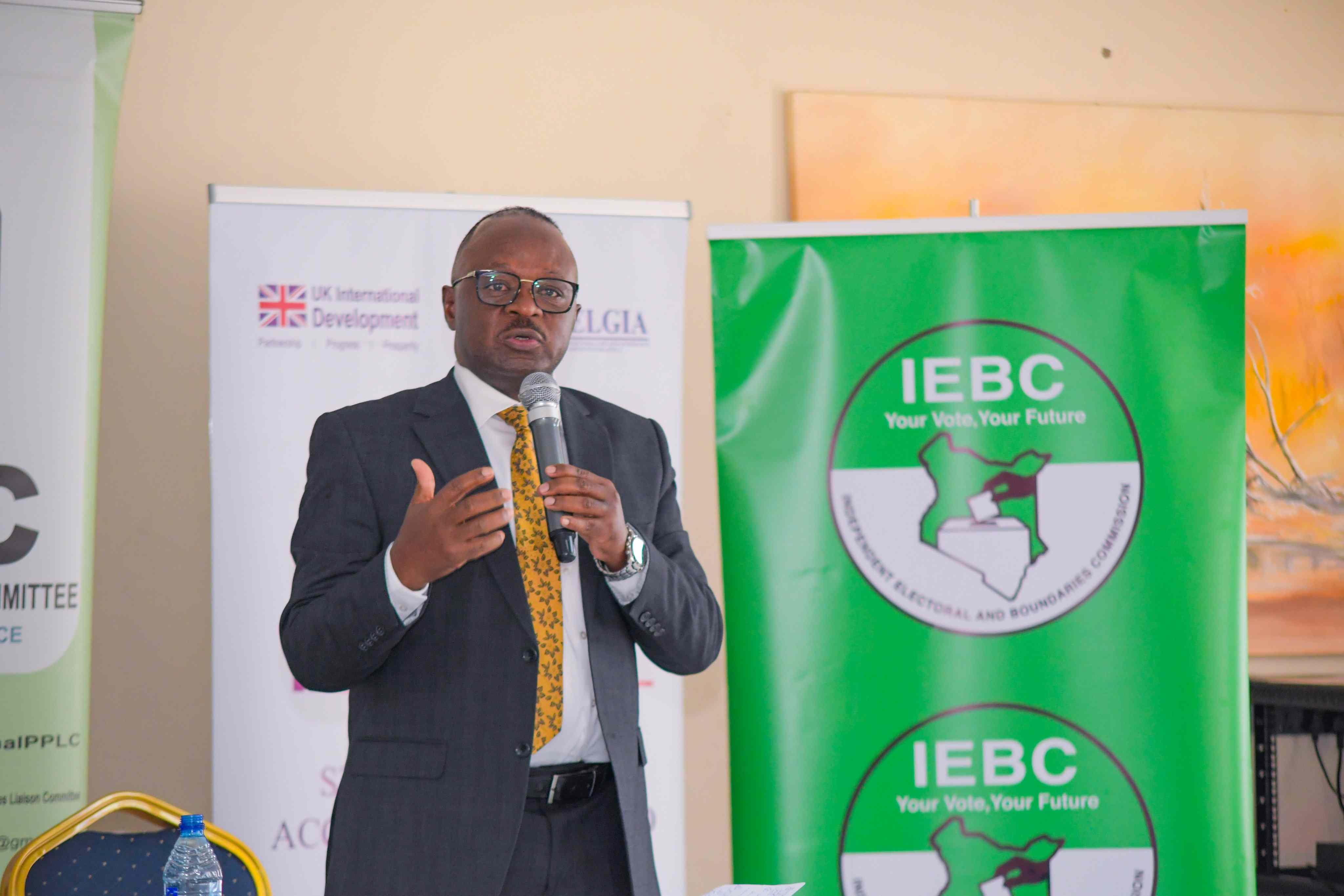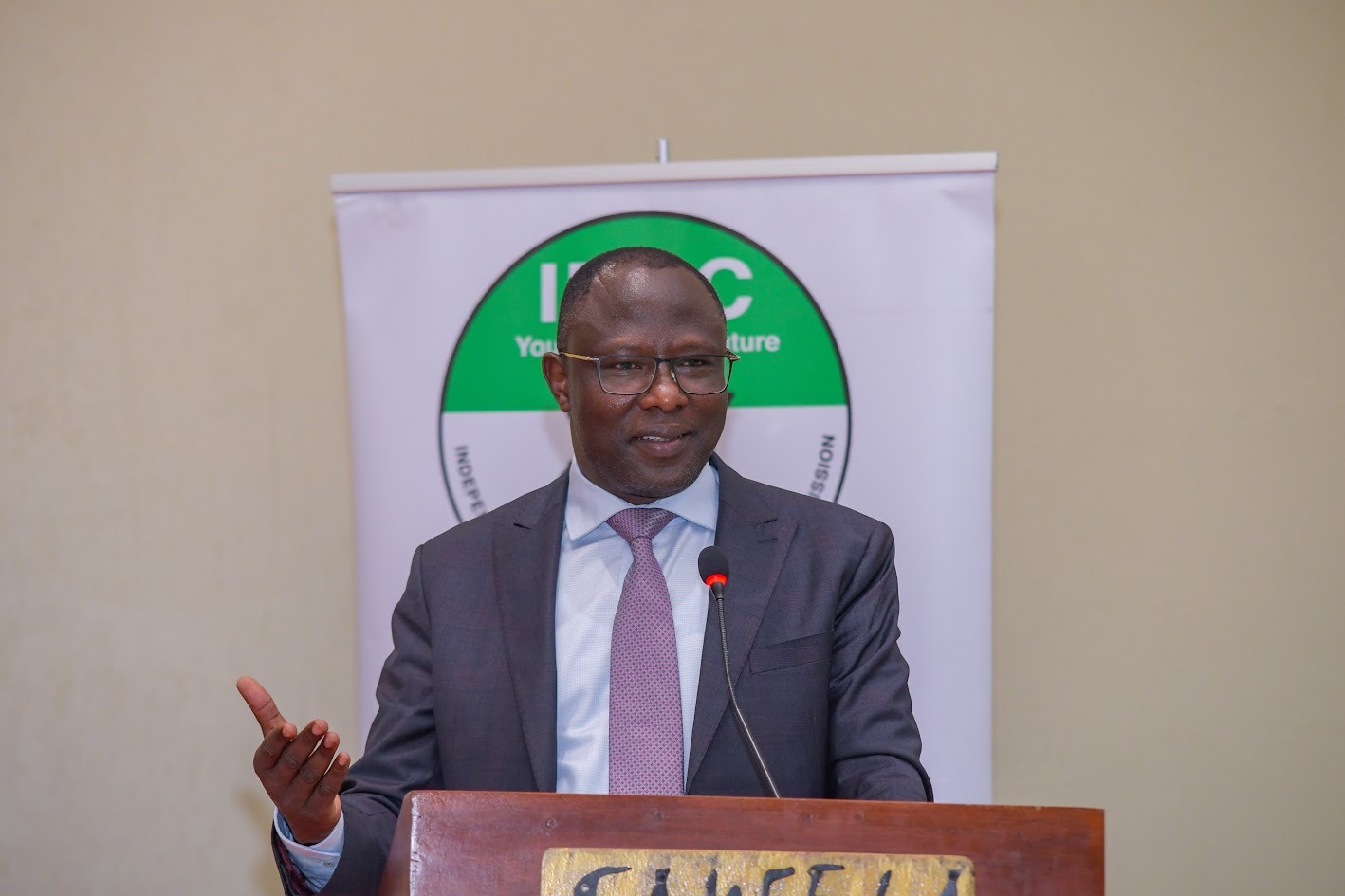Parents to start paying exam fees from next year as government ends decade-long waiver
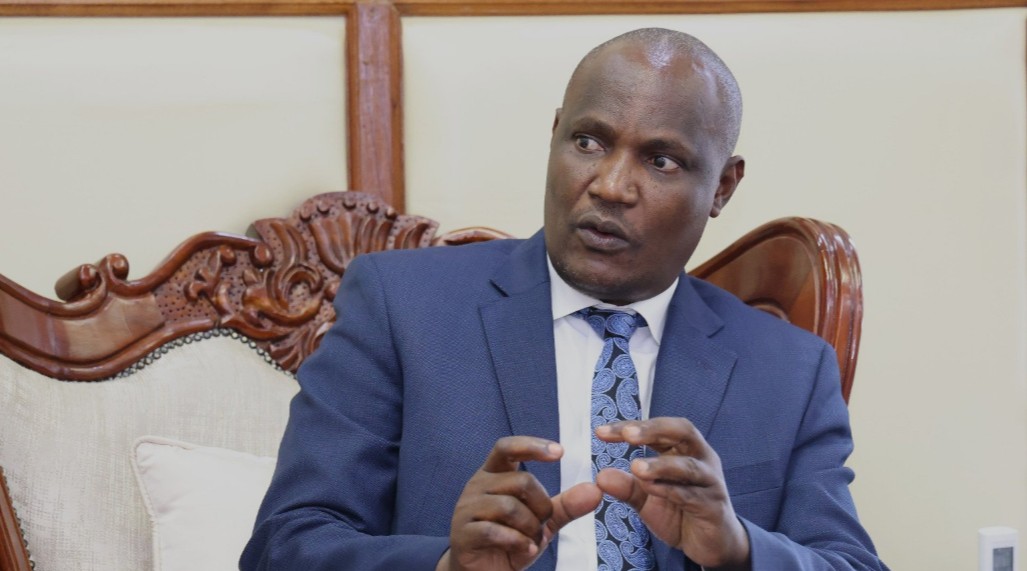
Mbadi said starting next year, the Ministry of Education will introduce a differentiated model for charging examination fees, where only learners from vulnerable households will receive waivers.
Starting next year, parents will be required to pay examination fees as the government begins phasing out the decade-long exam fee waiver.
Treasury Cabinet Secretary John Mbadi announced that the subsidy is no longer sustainable, citing rising costs and competing priorities within the education sector amid growing budget deficits.
More To Read
- Parliamentary Budget Office warns Sh2.2 trillion projects at risk over funding delays
- Teachers to stay in same schools after promotions under new TSC policy
- KNEC CEO David Njengere summoned over failure to release withheld KCSE result
- KNEC under fire as High Court rebukes CEO over withheld student exam results
- Treasury’s plan to abolish six development authorities raises fears over 423 projects, 1,500 jobs
- 2025 KCSE concludes smoothly as government reports sharp decline in exam cheating cases
“We have to review the cost in the sense of, why should we pay for examinations for all students, including those in private schools? We should be subsidising examinations for those who cannot afford it, especially in public schools,” Mbadi said during an interview with NTV.
He assured parents, guardians and learners that although there is no allocation for an exam waiver in the 2025-26 budget estimates, arrangements are in place to ensure all candidates will sit exams at no cost this year.
“For this year, it’s too late. We are going to process examinations for all candidates, whether you are able (to pay) or not,” Mbadi said.
He noted that starting next year, the Ministry of Education will introduce a differentiated model for charging examination fees, where only learners from vulnerable households will receive waivers.
“If today my child is doing KCSE, the government pays for that child, and it’s the child of a Cabinet Secretary, why should that be the case? We cannot afford to subsidise people who don’t need the subsidy,” he said.
The exam fee waiver was introduced in 2016 by former Education Cabinet Secretary Fred Matiang’i to ensure no student missed the Kenya Certificate of Primary Education (KCPE) or Kenya Certificate of Secondary Education (KCSE) exams due to financial constraints. Currently, the government covers the entire registration fee of Sh7,200 per candidate.
Unsustainable costs
However, the Parliamentary Budget Office (PBO) has recommended ending the waiver, citing unsustainable costs amid rising student numbers and a Sh91.8 billion deficit in the education sector. The PBO proposed a cost-sharing model requiring parents to contribute to exam registration fees, potentially saving Sh5 billion annually for other educational priorities such as capitation.
While the exact cost breakdown under the proposed model remains unclear, Mbadi mentioned Sh5,000 in passing. He added that the Ministry of Education will set criteria to determine which candidates qualify for the exam fee waiver, dismissing concerns that this might cause segregation in a country where education is supposed to be free.
“All children will get basic education; the government will facilitate that (but) those who are capable of providing education to their children should provide education to their children,” Mbadi said.
“In any case, they provide in private schools and many other places. When it comes to examination, why then should you surrender that responsibility to government?”
Print exam papers locally
Mbadi also revealed plans to print national examination papers locally to reduce the high costs of administering exams.
Other Topics To Read
- Education
- KCPE
- KCSE
- KNEC
- Ministry of Education
- Parliamentary Budget Office
- Presidential Working Party on Education Reforms
- Kenya National Examinations Council
- KNEC certificates
- Treasury Cabinet Secretary John Mbadi
- Government Printer
- examination fees
- Parents to start paying exam fees from next year as government ends decade-long waiver
- Headlines
The Kenya National Examinations Council (KNEC) has historically printed KCPE and KCSE papers abroad, primarily to protect exam integrity. This has been costly, with printing abroad costing about Sh1.5 billion annually.
In 2021, when two sets of national exams were held due to Covid-19 disruptions, printing costs doubled to roughly Sh3 billion.
The Presidential Working Party on Education Reforms recommended that KNEC start printing exams locally to cut costs and improve efficiency.
“We must make sure that the printing of exams is done cheaply, so we are working around to see how we can better do the printing of examinations without compromising the quality and integrity of the same,” Mbadi said.
He said Kenya has long been reliant on printing exams abroad despite printing more security-sensitive documents like passports locally.
“You can even use the Government Printer, for example, to print examination papers. The only thing you need to do is to provide clear security checks and safety of those examinations,” the CS said.
Mbadi, however, stressed the need for strong security measures, warning that even exams printed abroad are vulnerable to leaks during shipment.
“You will still end up having the examination leaked, and it has happened many times. So, let us make sure that the cost of managing examinations in this country is contained to the bare minimum, guaranteeing quality of the same and safeguarding the examination because we don’t have too many resources to waste,” he said.
Top Stories Today








